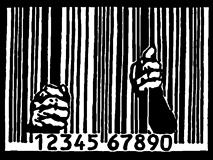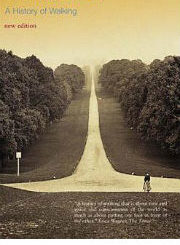
Egypt on the Brink
Source: The Nation
Cairo, Egypt
The second anniversary of Egypt’s revolution has been marked by rocks, firebombs, tear gas and bullets. More than fifty people have been killed and over a thousand wounded across the country. The army has been granted arrest powers, and military troops have been deployed to the three cities where President Mohamed Morsi has declared a state of emergency and ordered a curfew.
This outbreak of rage has laid bare the precarious state of a country plagued by a disfigured transition process, a lingering sense of injustice and the repeated failures of an entire political class that has forsaken a host of popular grievances in its scuffle for power.



